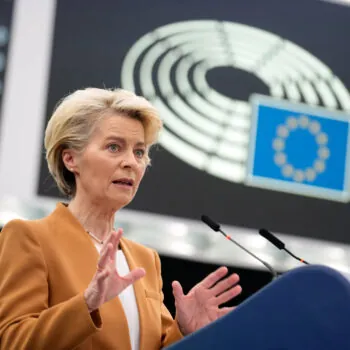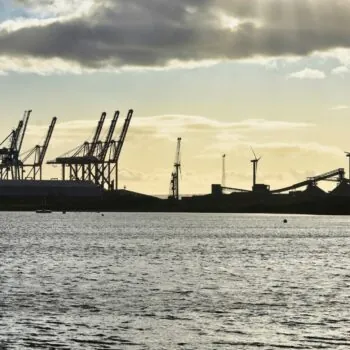The European Commission has been tasked with producing a new long-term EU climate strategy, to be published later in 2018. It must take a hard look at Europe’s decarbonisation pathways, including both 2030 and 2050 milestones in light of a very rapidly evolving context.
The EU last produced a 2050 climate roadmap in 2011. This is now widely considered to be out of date, as a result of both its cost assumptions and its level of ambition.
Recent political decisions have given a new impetus for long-term climate strategies. Following recent political decisions, the EU is developing a new long-term climate strategy, with an initial proposal expected from the Commission in late 2018. European member states will also develop their own 2050 climate plans, to be produced by 2020.
Since the last EU 2050 roadmap was published in 2011, the context has changed in three fundamental ways:
- Costs of early climate action have declined dramatically.
- Climate action is increasingly international, leading to new opportunities for cooperation but also new challenges for Europe’s competitiveness.
- Climate goals have strengthened, as the risks of even small amounts of warming become more evident.
In light of these changes, a new assessment of Europe’s decarbonisation pathways is now needed, including both 2030 and 2050 milestones. The new EU climate strategy should be designed to enable Europe to take advantage of new opportunities for emissions reductions, strengthen Europe’s competitiveness in the low carbon economy, and help to catalyse higher climate ambition internationally.
E3G Presentation – The EU’s climate strategy needs a new assessment of ambition [PDF 4MB]



